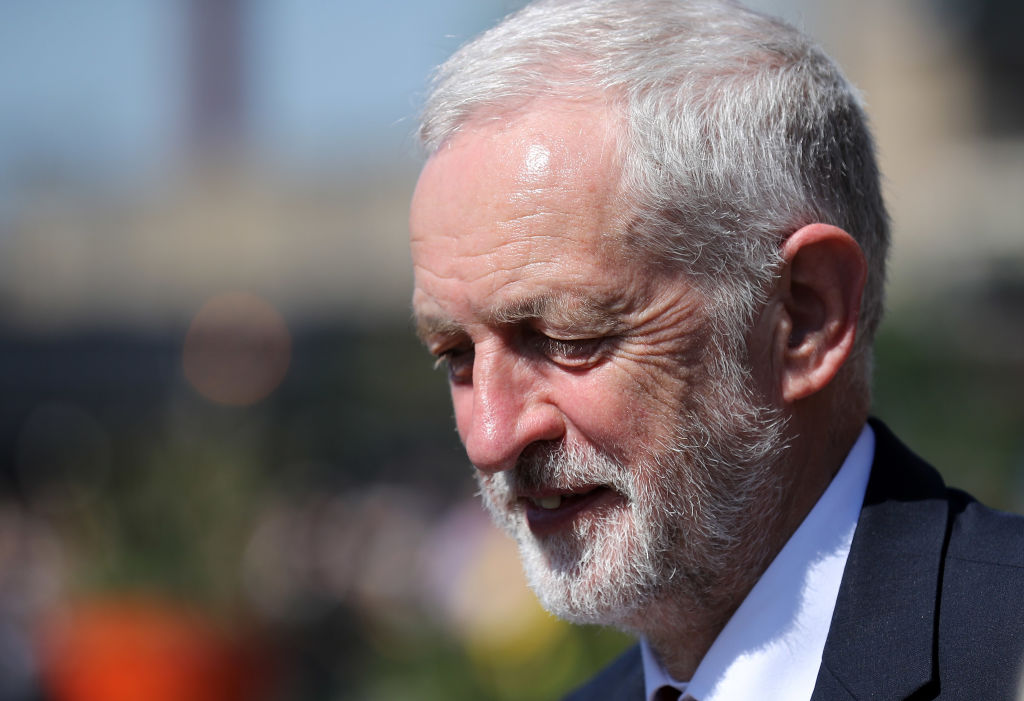When Labour’s leadership and the NEC were debating how to tackle anti-Semitism in the party, Andrew Murray – Jeremy Corbyn’s close adviser and chief of staff to Unite’s general secretary Len McCluskey – argued that Labour should embrace a much simpler and less contentious code of conduct than what its ruling National Executive ultimately adopted. His recommendation, I understand, was that the Labour Party should employ the widely used IHRA definition of anti-Semitism with all-but-one of its examples – rather than seeking, as it has done, to resile from four of the examples, and create its own illustrations of anti-Semitic language and conduct. He took the view, shared by many inside and outside Labour, that it was absurd for the party to imply that it has a more authentic and reliable view of anti-Semitism than the Jewish community itself.
To be clear, had Murray’s proposal been adopted by Labour’s leader and the NEC, there would still have been a serious argument with many in the Jewish community – because under his proposal there would have been a debate and consultation around whether it was appropriate for Labour to underwrite the IHRA assertion that one example of anti-Semitism is “denying the Jewish people their right to self-determination, e.g.

Britain’s best politics newsletters
You get two free articles each week when you sign up to The Spectator’s emails.
Already a subscriber? Log in







Comments
Join the debate for just £1 a month
Be part of the conversation with other Spectator readers by getting your first three months for £3.
UNLOCK ACCESS Just £1 a monthAlready a subscriber? Log in